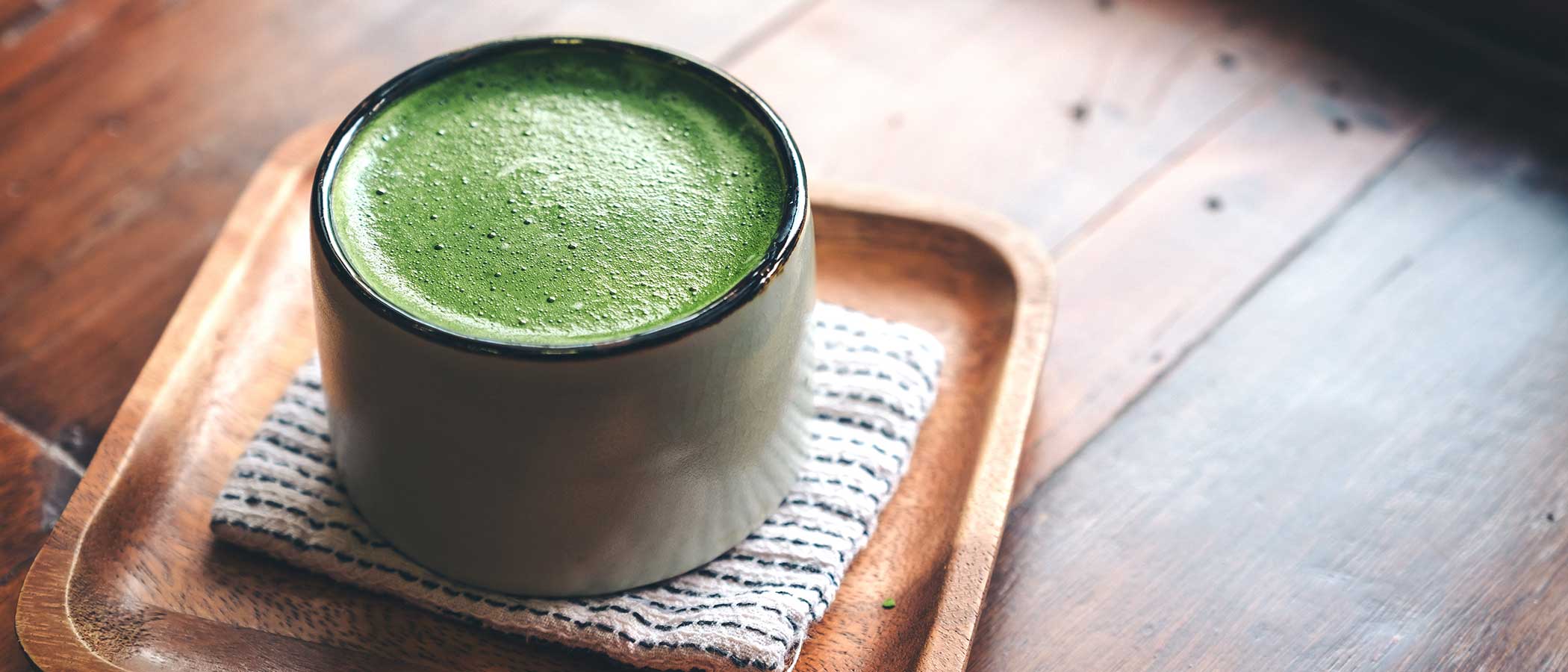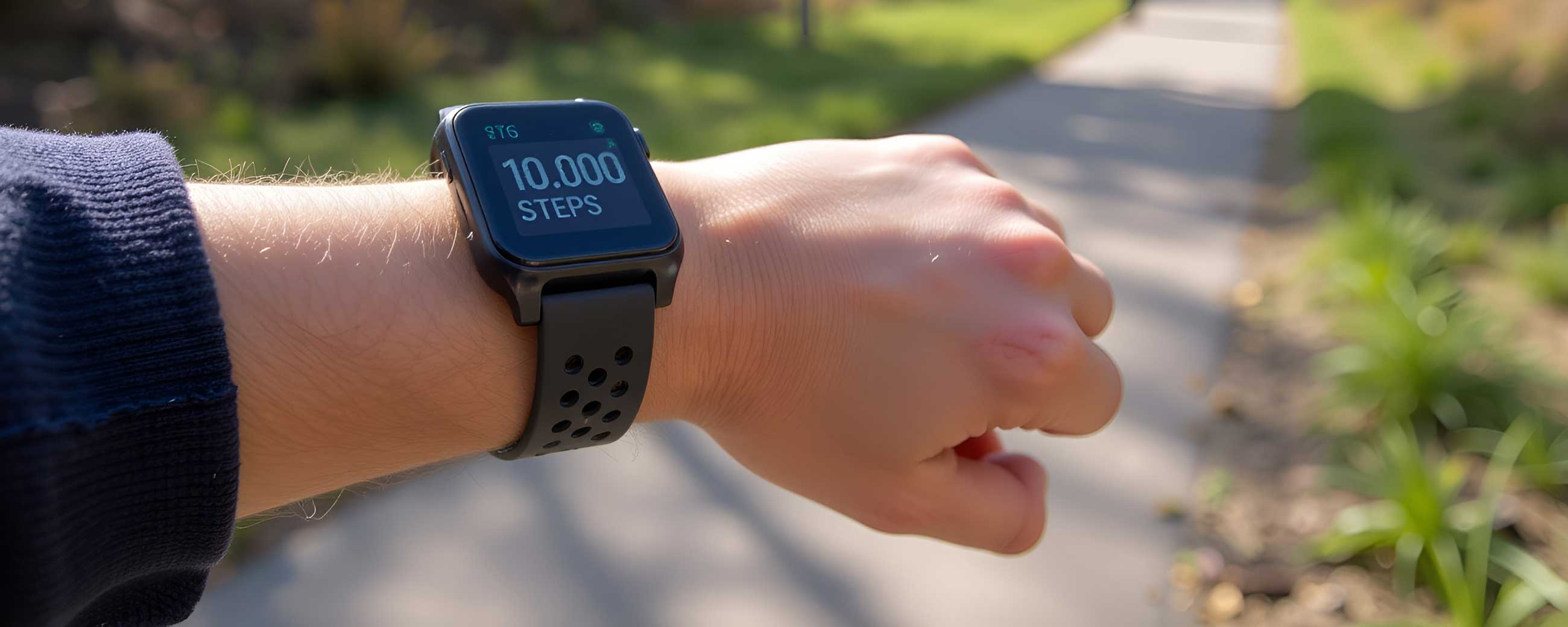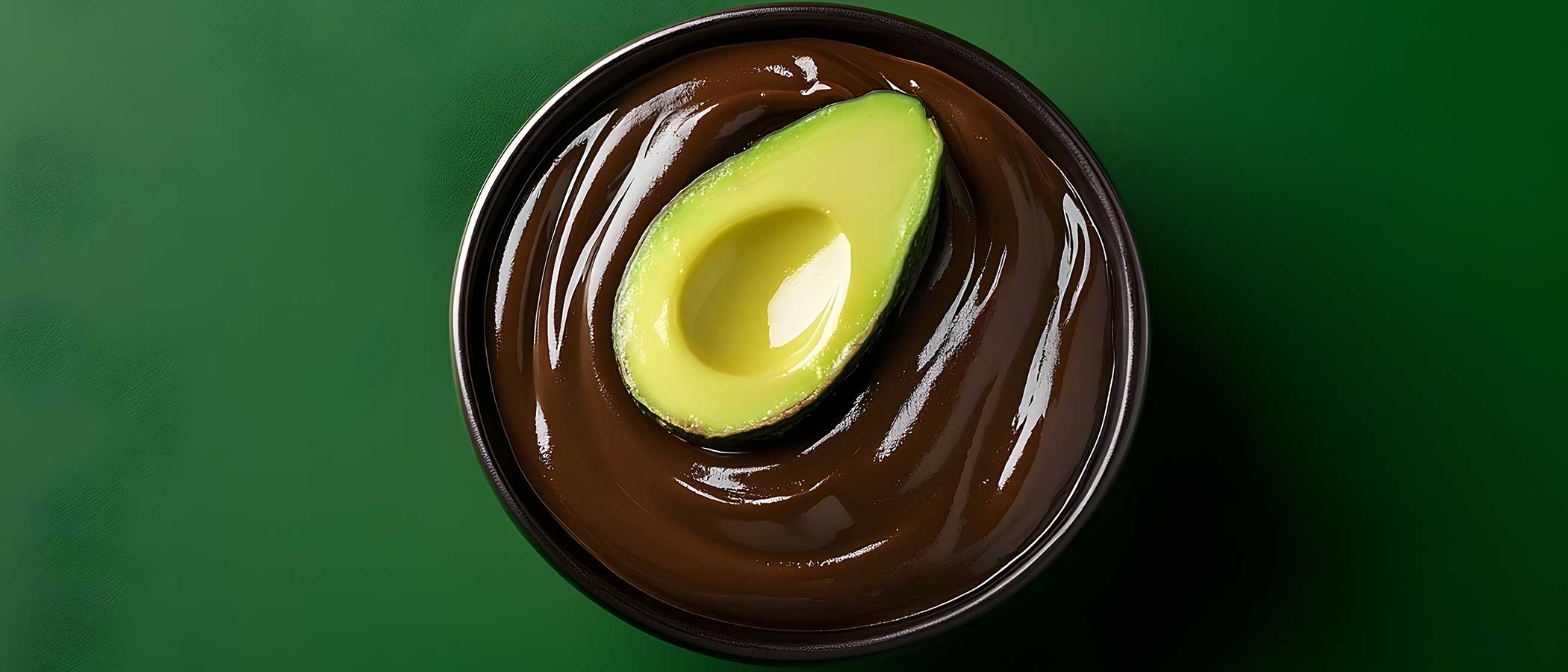
How Blood Donation Helped Me With Prediabetes
My dessert obsession caught up with me in my early fifties when my A1C began teetering into prediabetic territory at 6.2.
With a family history of type 2 diabetes, and ten extra pounds gained through pandemic stress and menopause, that A1C number got me feeling down about my health. I remember my late father struggling with insulin injections when he was first diagnosed at 76, and I knew I didn’t want to go down the same path. I wanted my body to feel stronger and more resilient, and amp up my courage and determination to change my health, increasing my odds of dodging diabetes.
It might seem weird that getting the platelets sucked out of my body propelled me towards regaining agency in my health after my prediabetes diagnosis. But actually, it makes a lot of sense, because being a blood donor not only requires courage: it more tightly connects me to my own metabolic health.
The first time I donated blood was right after my prediabetes diagnosis. It was supposed to be a one-off: a dipping of my toe into new waters to regain my medical confidence .
The first time I donated blood was right after my prediabetes diagnosis. It was supposed to be a one-off...
I was scared and curious as I sat down for my first whole blood donation, I worried that I might faint. I had been anemic in my 30s and had once passed out in my husband’s arms in a parking lot after a strenuous training run. I looked around at my fellow donors, relaxed and prone on gurneys. They were no different from me, average people on a mission to help others in need. Four minutes later, and I was shy a pint of blood, but otherwise felt ecstatic. There was a bounce in my step as I walked out of the Red Cross blood drive with a bag full of Cheez-Its and a t-shirt proclaiming my status as a blood donor, until I heard a volunteer chirp:
“Thank you so much for your donation! You can donate again in 56 days!”
My first thought was incredulity: “What? You can’t be serious. The first time was nerve wracking enough.” But as the days passed, my serotonin levels stayed high. Despite some mild fatigue, I continued to feel ecstatic about overcoming my fears and helping others in need. So when I got an email a few days later about becoming a regular platelet donor – which takes longer than donating whole blood but leaves you less tired because your red blood cells are returned to your body – I jumped at the chance. And I’ve been donating ever since.
Why is donating blood so empowering to me? In my twenties, with stellar health, I ran the NYC marathon three times. I chased that runner’s high, surprised by my newfound athleticism, and the thrill of testing mind over body stamina. My health was never better, because I had a clear goal with regular milestones to strive for. My marathon days are now behind me, but blood donation is scratching the same itch.
Knowing that I will have these mini-health checkups empowers me to continue eating healthy...
Here my hemoglobin, blood pressure, pulse, and veins must pass the pre-donation health check. Knowing that I will have these mini-health checkups empowers me to continue eating healthy like prepping with sauteed spinach and lean protein on donation eve and saving my ice cream treat for donation day.
As for the process itself, the needles aren’t what bother me. The challenge is being still with my physical sensations for almost two hours. I’m that anxious donor who will ask “how much longer?” every time the phlebotomist comes to check on me. My lips start buzzing. I am cold. My bladder whines. “I can handle 40 more minutes. It’s not about me. It’s about the patient who will need the liquid gold contents in these bags to extend their lives. They no doubt are suffering more than I am here. Be tough!” I power through it gently squeezing a soft stress ball with my left hand, knowing that this process in and of itself is helping me stay in tune with my physical health.
Before becoming a blood donor, I was anxious about my health and nervous about my A1C. By regularly giving my platelets to others, though, I have been able to improve my blood sugar levels by staying more closely in touch with my physical health. Best of all? My monthly donations have given me a sense of purpose, especially when I find out where my platelets end up: a medical center, a children’s hospital, or cancer center. Instead of being upset by my A1C number, I’m rolling up my sleeves and getting to work.

This publication is intended for informational purposes only and is not meant to be a substitute for professional medical advice, diagnosis, or treatment. Always seek the advice of your physician or other qualified health provider with any questions you may have regarding a medical condition or any advice relating to your health. View full disclaimer

Vanessa Geneva Ahern is a freelance writer based in upstate New York. Her writing has been published in various magazines and websites including Fit Pregnancy magazine, Headspace.com, Planning magazine, and Saratoga Living magazine.








